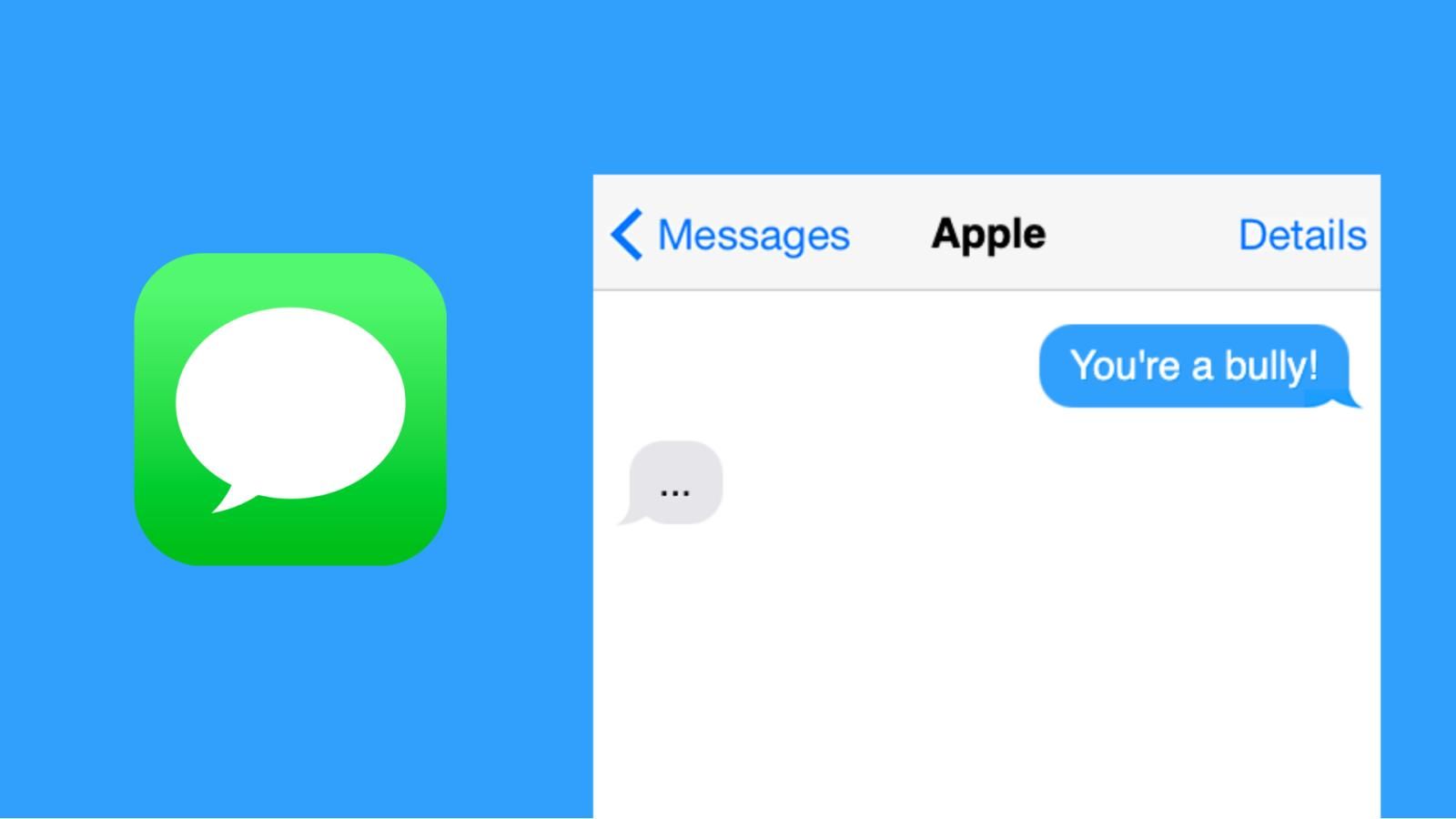On Thursday, the European Union published a new press release about the upcoming Digital Markets Act. In the release, the EU states that its lawmakers have agreed that the big tech companies will have to make their messaging apps, such as WhatsApp, iMessage, and Facebook Messenger, "interoperable" with small-scale chat apps at the developers’ request.
During a close to 8-hour long trilogue (three-way talks between Parliament, Council and Commission), EU lawmakers agreed that the largest messaging services (such as Whatsapp, Facebook Messenger or iMessage) will have to open up and interoperate with smaller messaging platforms, if they so request. Users of small or big platforms would then be able to exchange messages, send files or make video calls across messaging apps, thus giving them more choice. As regards interoperability obligation for social networks, co-legislators agreed that such interoperability provisions will be assessed in the future.
While the law hasn't passed yet, it seems that the EU wants companies like Apple and Facebook to open up their messaging platform to others. If this becomes a reality, you will be able to text an iPhone user on iMessage using Signal on your Windows PC. While the press release doesn't state anything about interoperability between the large-scale messaging apps (WhatsApp working with iMessage or Facebook Messenger with iMessage), it seems that the EU wants to break down the walled gardens of these platforms.
As The Verge notes, it is not impossible to integrate messaging apps. Facebook has recently been working to make its own messaging apps, Instagram DM, WhatsApp, and Messenger work together seamlessly. Apple also "pitched a more open version of iMessage to carriers" a few years ago but the idea was dropped. So, it seems that the companies can make their messaging apps work with each other, but they just choose not to do it.
In a statement to TechCrunch, Andreas Schwab, a member of the European Parliament, said, "The Parliament has always been clear that interoperability for messaging has to come. It will come — at the same time, it also has to be secure. If the Telecoms Regulators say it is not possible to deliver end-to-end encrypted group chats within the next nine months, then it will come as soon as it is possible, there will be no doubt about that."
There's no word on when this interoperability would come, but the EU ensures it will come at some point, "there's no doubt about that". After interoperability comes to messaging apps, the EU also wants to crack down on the tyranny of web browsers, search engines, and virtual assistants that the users use.

